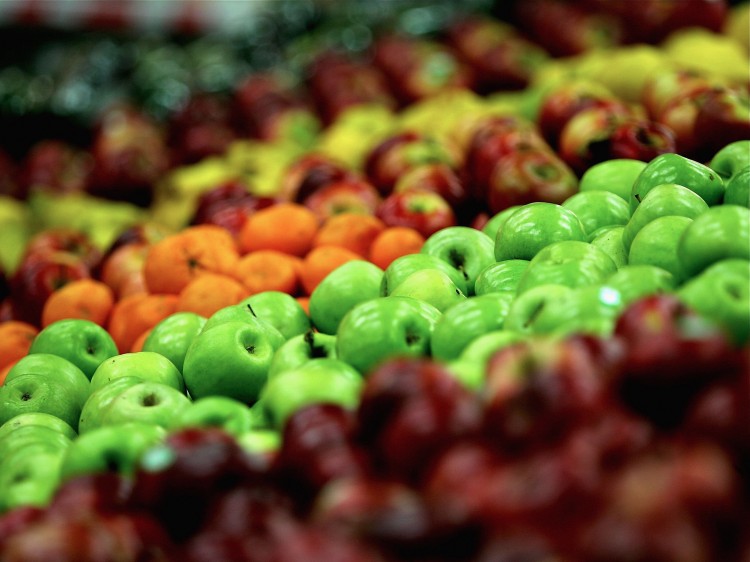Most Australians support ’traffic light' food labelling and other methods that could help consumers make healthier choices in their diets, a new study suggests.
This colour-coding system would use red light labels to warn consumers about foods high in fat, sugar and salt, while indicating healthier alternatives with amber and green lights.
The study by the Cancer Council Victoria and the Obesity Policy Coalition questioned the main grocery shopper in 1,511 households nationwide. The majority (87 per cent) supported labelling all packaged foods with the traffic light system. Most (84 per cent) were also in favour of displaying kilojoule labels at fast food outlets.
“Strategies like these will enable people to make more informed decisions about the food they eat and empower consumers to make quick and clear comparisons between competing products based on their nutritional content,” Cancer Council SA chief executive Brenda Wilson said, reported the Herald Sun.
Front-of-pack labelling with easy to understand codes like the traffic light system would encourage food industries to improve the healthiness of their products, according to a recent Federal Government review. A decision on front-of-pack labelling is expected by the end of 2012.
In addition to clearer labelling, the majority of Australians surveyed (83 per cent) also supported banning junk food advertising during children’s television programmes.
“There’s high support for government to intervene, but particularly high support among those new (technology) platforms,” study co-author Jane Martin from the Obesity Policy Coalition told AAP.
“Children are not being adequately protected, and parents are limited in their ability to intervene, particularly with new technologies such as mobile phones and computers.”
The survey also showed that 87 per cent would support regulations to make food companies reduce the amounts of fat, sugar and salt in foods.
Ms Wilson says that the findings suggest that Australians want to take greater action to combat obesity across the nation.
Over 60 per cent of adults and one quarter of children in Australia are overweight or obese.
Obesity is believed to be the leading cause of premature death and illness in Australia. Overweight individuals are at greater risk of developing cancers, as well as many other chronic diseases such as cardiovascular disease and Type-2 diabetes.
Meanwhile, new research from the UK suggests that decreasing salt intake could help prevent one in seven cases of stomach cancers there. Excess salt is also linked to high blood pressure, which is a significant cause of strokes, heart disease, osteoporosis and kidney disease.
UK experts have suggested that traffic light food labelling could help consumers make better-informed and healthier choices.
The Epoch Times publishes in 35 countries and in 19 languages. Subscribe to our e-newsletter.







